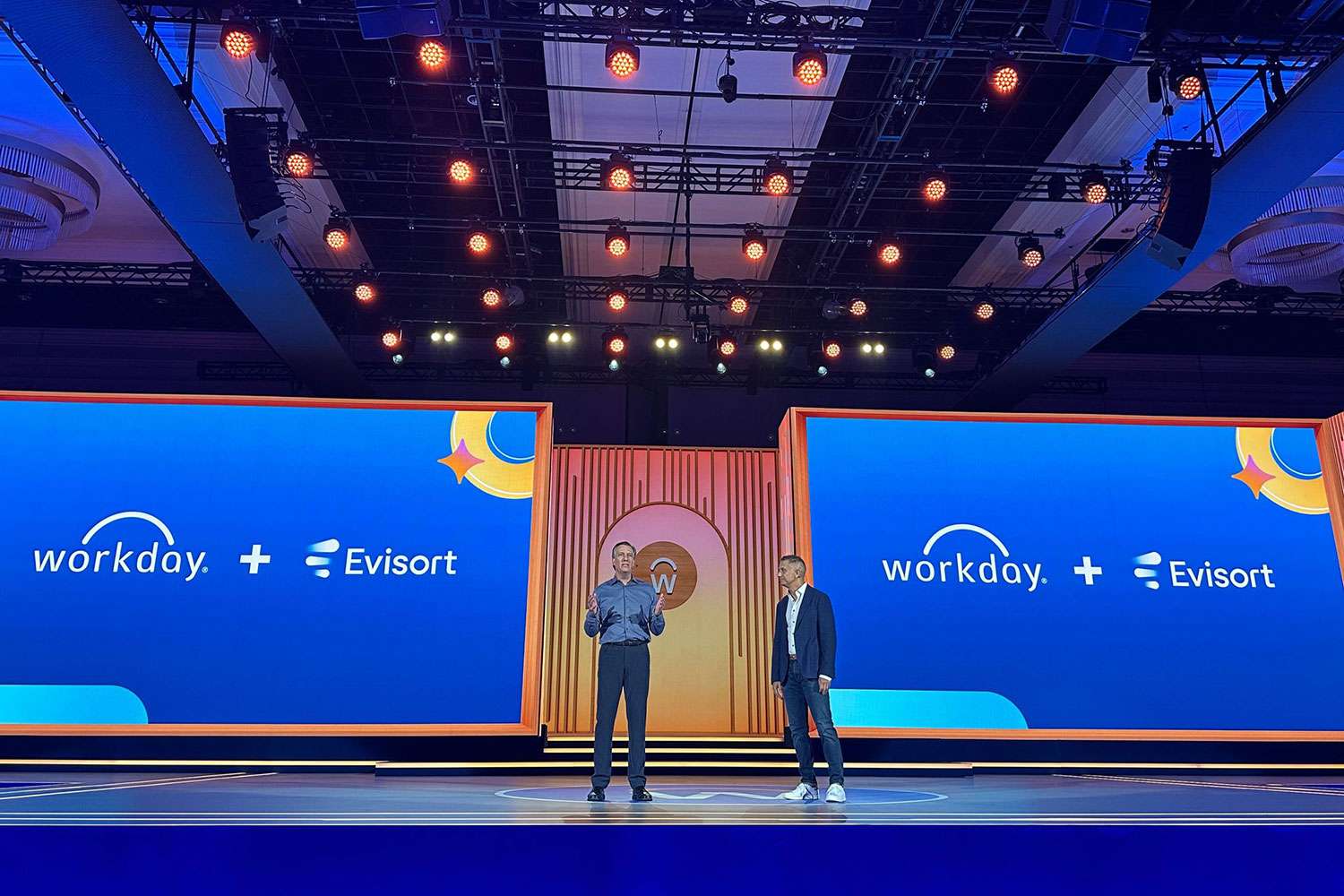The Advantages and Disadvantages of Using AWS Hybrid Cloud

Cloud-based solutions like AWS Hybrid Cloud are nothing new. In fact, cloud-based software, applications, and managed services only continue to make inroads as new markets, industries, and entrepreneurs move to off-site, cloud-based platforms.
However, not all businesses are ready to migrate to a complete cloud management ecosystem. Some companies are comfortable with traditional in-house management strategies while other companies are the first to jump onto the cloud bandwagon. There is an in-betweens model, too; companies that either can’t, won’t, or don’t need to migrate systems and prefer to operate within a hybrid cloud business model.
Hybrid cloud management lets businesses take advantage of cloud-based solutions where they’re needed most while they keep some processes in-house. This allows companies to invest their resources in cloud management applications that complement in-house operations in a way that’s cost-effective, efficient, and good for business.
As a cloud-management leader, Amazon Web Services (AWS) provides a Hybrid Cloud ecosystem for smart business leaders to integrate targeted cloud-based solutions that can benefit a broader business model.
Industry innovators continue to partner with AWS-approved experts like ERPA to make the most of their AWS Hybrid Cloud solutions, which enables you to determine the optimal delineation of responsibility between your in-house and partner resources.
Why Connectivity Matters: Hybrid and Multi Cloud Environments
The AWS Hybrid Cloud suite of services bridges the gap between on-site and cloud-based process management. Amazon Web Services provides focused modules within its AWS Hybrid Cloud ecosystem, through which businesses can streamline important tasks while they minimize resource drain.
AWS Hybrid Cloud solutions include a variety of tools that address:
- Computing;
- Networking;
- Storage;
- Security and identity;
- Data integration;
- Process management;
- Monitoring;
- Operations;
- And more.
AWS Hybrid Cloud solutions are built in an intuitive way that makes it easy to transfer data, centralize operations, and manage infrastructure-critical applications through AWS Hybrid Cloud solutions.
AWS Solutions for Hybrid and Multi Cloud include:
- Help management and governance through AWS Systems Manager and AWS Config;
- Monitor key metrics through Amazon CloudWatch;
- Gather data and assess analytics through AWS Athena and AWS DataSync;
- Run applications in-house and in the cloud through Amazon EKS Anywhere;
- And so much more.
The Pros and Cons of an AWS Hybrid Cloud Business Model
ERPA and AWS Hybrid Cloud can improve your cloud experience and optimize your on-premise management strategy; however, just like with a cloud-only business model, a hybrid cloud-based ecosystem may not work for everyone.
It’s important to evaluate your business goals and weigh them against available resources, expected benefits, and possible pitfalls before you jump into a hybrid cloud ecosystem.
The goal is to maximize impact, optimize processes, and mitigate risk so that you don’t waste time, money, or manpower. Below we weigh the pros and cons of an AWS Hybrid Cloud solution to help you understand the hybrid cloud environment and what it can do for your business ahead of an implementation.
The Disadvantages of AWS Hybrid Cloud
The AWS Hybrid Cloud ecosystem isn’t for everyone. Pitfalls of a hybrid cloud implementation cause some companies to pause before they make the investment.
Complexity
Management of both in-house solutions and cloud-based services can be a complex process. There are many moving parts that need to align, and doing so without the help of an expert can be difficult.
Expenses
Piecemeal cloud-based solutions can save you money if you know how to use them, but it can also be expensive to manage cloud-based services alongside in-house servers and a dedicated IT department.
Data Security
This one’s a double-edged sword. As safe as your data might be, spread across multiple locations, you might not feel comfortable with third-party access that’s required for cloud-based services.
Compatibility and Communication
File compatibility between private and public cloud servers as well as communication challenges can make it harder to know what data is where.
In general, it’s a good idea to consult with an AWS Hybrid Cloud expert like ERPA if you’re still unsure a hybrid cloud environment is right for your business.
The Advantages of AWS Hybrid Cloud
The benefits inherent in an AWS Hybrid Cloud business model – especially one optimized with help from ERPA – are easy to recognize because they’re common optimizations most companies strive to accomplish.
Flexibility
It’s easy to evaluate how best to structure your management solutions when you can choose from a range of cloud-based or in-house options.
Speed
Hybrid cloud models allow businesses to move faster toward project development. You can connect infrastructures and assess important analytical data solutions, which will speed up overall operational performance.
Data Security
Hybrid cloud security solutions let businesses store sensitive data off-site and in a more private environment. You can also spread your data across multiple data centers to minimize the impact of a breach.
Scalability
The ability to scale as you grow is one of the biggest limitations of on-site process management. Hybrid cloud services let you offload computing-heavy processes to cloud-based applications, so you can free up resources and focus in-house operations on growth-specific tasks.
Operate an Optimal Hybrid Environment with ERPA + AWS Hybrid Cloud
It’s common for businesses to invest in a cloud-based migration as a one-size-fits-all solution. They’ll purchase access to a cloud platform to solve a very specific challenge, thinking that the platform will also improve all other aspects of the business.
The problem with this approach is that these same businesses often fail to use all the tools they’ve paid for within the new ecosystem.
What’s more, without the in-house foundation to fall back on, they’re forced to adapt other systems that might not need a cloud-based replacement. The result is wasted time and money to train, customize, and integrate a cloud-based ecosystem that’s overvalued and underutilized.
Sometimes, a hybrid cloud model works best and an AWS partner can help you succeed.
ERPA understands the challenges that businesses, small or large, face when it comes to data management, process optimization, security and compliance, and AWS Hybrid Cloud integration.
Our professionals make sure your AWS implementation maximizes your resource investment so you can focus on growing your business. To bridge the gap between your in-house operations and an Amazon Web Services cloud-based solution. Visit our dedicated ERPA contact page and submit a request for more information or call us directly at (614) 718-9222.































